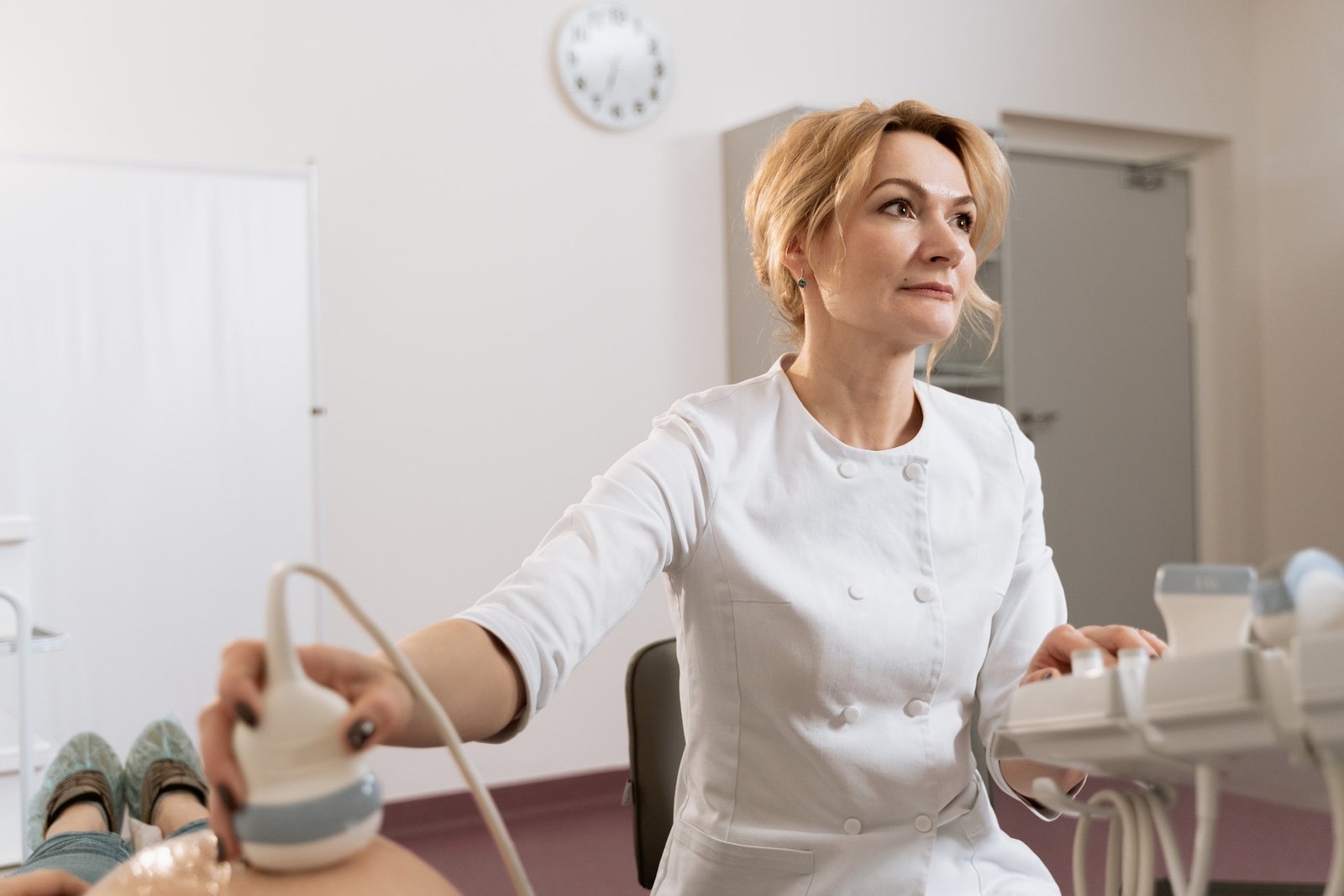
Women are at a higher risk of suffering from urine incontinence, so they need to walk with a personal gynecologist. Women change during pregnancy, childbirth, and menopause, affecting the bladder and pelvic ability to hold urine. The condition threatens the confidence and self-esteem of women because they will accidentally pass urine. The Naples OB/GYN treats urinary incontinence using the latest treatments. Therefore, in this article, you will understand the role of an obstetrics gynecologist in treating urine incontinence.
Diagnosis
The specialist will diagnose the specific type of urine incontinence you have. For instance, you can pass urine when you exert pressure on your bladder, which results in stress incontinence. The specialist will question you on what triggers the incontinence in making the diagnosis. Other women might have overactive bladders where they suddenly urge to urinate despite the bladder having little urine.
Further, other women have urine leakage because of overflow incontinence, where the bladder fails to empty correctly during urination. In addition, you can have a condition that interferes with your ability to urinate on time. Functional incontinence occurs mainly in women with chronic conditions that affect their movement, such as arthritis. You can also have urine incontinence because of several factors, and the specialist tells you you have mixed incontinence. The obstetrics gynecologist will ask you questions, conduct some physical examinations and come up with a diagnosis.
Explaining The Cause
The specialist has enough knowledge and expertise to explain the real cause of urine incontinence. Some of the possible causes of urine leakage include a weakened pelvic floor which affects the position of the bladder. Additionally, changes during pregnancy and childbirth can affect your pelvic muscles and nerves so that you will have no control over your urination. Also, the pressure created by the child’s weight can lead to urine leakages. If you reach menopause, you might suffer urine incontinence because of declined estrogen levels and age. Kidney stones contribute to the obstruction of the urinary tract, and you will experience leaks.
Treatment
After you understand the type of urine incontinence you suffer from and the cause, the obstetrics gynecologist prescribes one or several treatments to address your concern. For instance, you can see a physical therapist for exercises that help improve the tenacity of your pelvic floor muscles. Additionally, you can get medication and injections to help address incontinence. Collagen injections help control the opening of the bladder opening. If you have extensive urine incontinence, you will undergo minimally invasive procedures which improve your ability to control urine.
Do you know that close to fifteen million women suffer from urine incontinence? The high numbers indicate that the women out there carry on their lives consciously because they have urine incontinence. They can easily experience stigma if those around them do not understand that they have a medical problem. At Women’s Healthcare Physicians of Naples, a team of experts treats urine incontinence, restoring dignity to hundreds of women. Therefore if you are experiencing shame because you cannot control your bladder, you can book an appointment with them today.
